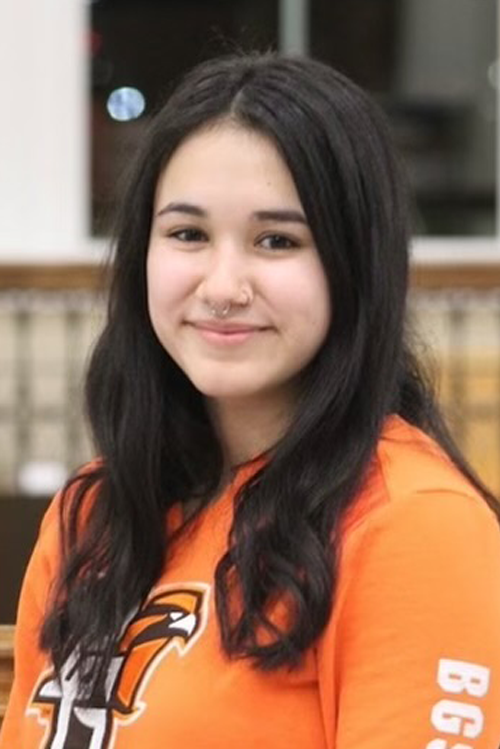
30 Mar Moe
Drug addiction is a complex disease.
Yes, I said disease. Because that’s exactly what it is.
For those of you who have a loved one who is an addict, you understand. You knew them before their addiction and you still see that part of them in active addiction. You know that their addiction does not define them. You also know and understand the difficult and frustrating feelings that come along with loving them.
For those of you who have never experienced this, consider yourself lucky.
I was eight years old when I started worrying about my brother every day, it started with me hiding my money from him. Flash forward to when I was 16, I had to start hiding my medication and tiptoe around every conversation I had with him. I was scared for him. I was also mad at him. I was always his number one fan, but he didn’t seem like somebody I could look up to anymore. All very valid feelings when you love an addict. Now I’m 21 years old, my brother passed away two years ago, and I know a whole lot more about addiction that I wish I had known sooner.
There are a wide variety of reasons people develop an addiction, but the first thought is never “I want to be a drug addict.” Genetics, environment, and mental disorders all play a factor here. The brain consists of millions of neurons which control the flow of information. Neurons release neurotransmitters, which are the body’s chemical messengers. Addiction literally changes the way the brain works. Some drugs can activate neurons; however, they don’t activate them in the same natural way that neurotransmitters do. This sends abnormal messages through the brain’s network. Other drugs can cause neurons to release an overwhelming amount of neurotransmitters, which disrupts normal communication between neurons. Drugs over-activate the reward circuit, which produces dopamine, or the “happy chemical.” This reinforces the connection of drug use resulting in pleasure, which is why it isn’t so easy for addicts to “just quit.”
Addicts aren’t selfish, they are sick and need a good support system. The first step is throwing away the stereotype that addiction is a choice, which will ultimately allow people to empathize with the addict.
To those of you who are struggling with addiction, I promise that you are not alone and that you are loved. You are not your addiction, it is a part of you that you can overcome.
And to those of you worrying about a loved one, I feel for you. That person you knew before their addiction started is still in there, even when they seem unrecognizable. You are not a failure because you cannot cure them.
And for those of you who have never experienced addiction or living someone who has one, I hope you never have to. But please remember to be kind to those who have.



Sorry, the comment form is closed at this time.